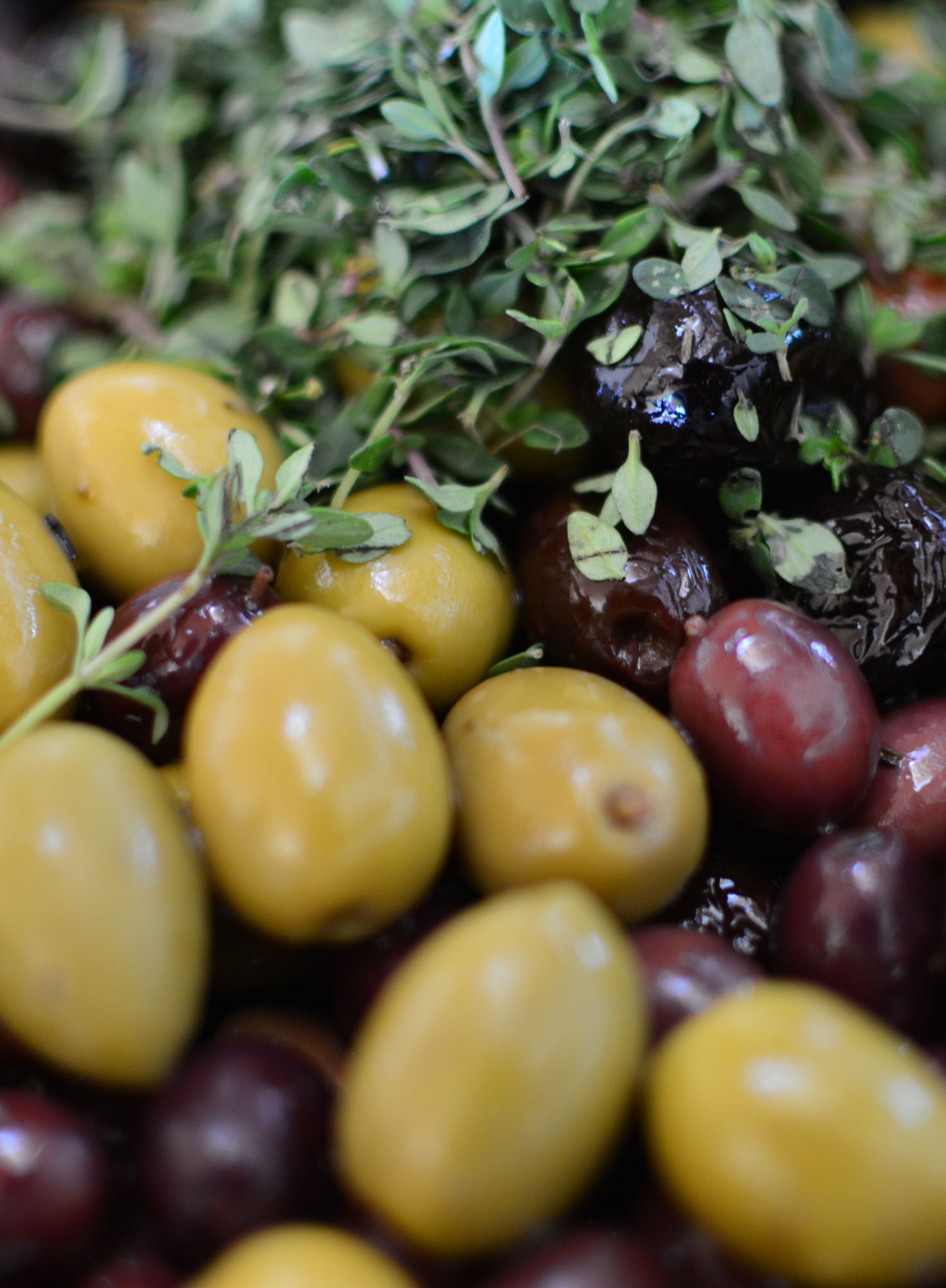
Olives may undergo a second or third pressing the oil will decrease in quality with each pressing.Įxtra virgin olive oil is the oil from the first pressing and is a pure, pale greenish-yellow in colour. The first pressing gives oil of the highest quality.

The method of extraction is a major factor in the taste of the finished oil. Either way, once picked, olives should be pressed as quickly as possible to minimise deterioration.Įxtraction methods vary from the artisan and traditional to the industrial and high-tech, but the basic steps are the same: first grinding or crushing the olives then pressing them to extract the liquid then separating the oil from the water and solids. Mechanical methods, which use machines to shake the fruit from the tree, can sometimes damage the fruit.

Hand-picked olives produce the best result but, as this process is labour-intensive, add to the final cost of the oil. Try to buy your oil either in dark glass bottles or metal containers and avoid buying oil that has been standing under bright supermarket lights in clear glass bottles, no matter how tempting the labels. In autumn, the olives need to be picked when perfectly ripe but before they start falling from the trees.Unlike wine, olive oil does not improve the longer it is kept and once opened it will begin to slowly deteriorate, so don't buy your oil in large quantities. Both the timing and method of harvesting have a huge impact on the finished oil.

Taste is largely determined by the variety of the olive and its degree of ripeness when picked.


 0 kommentar(er)
0 kommentar(er)
